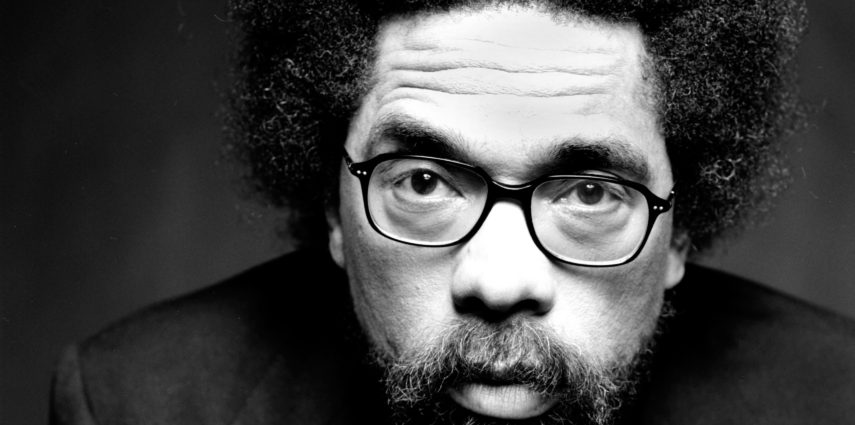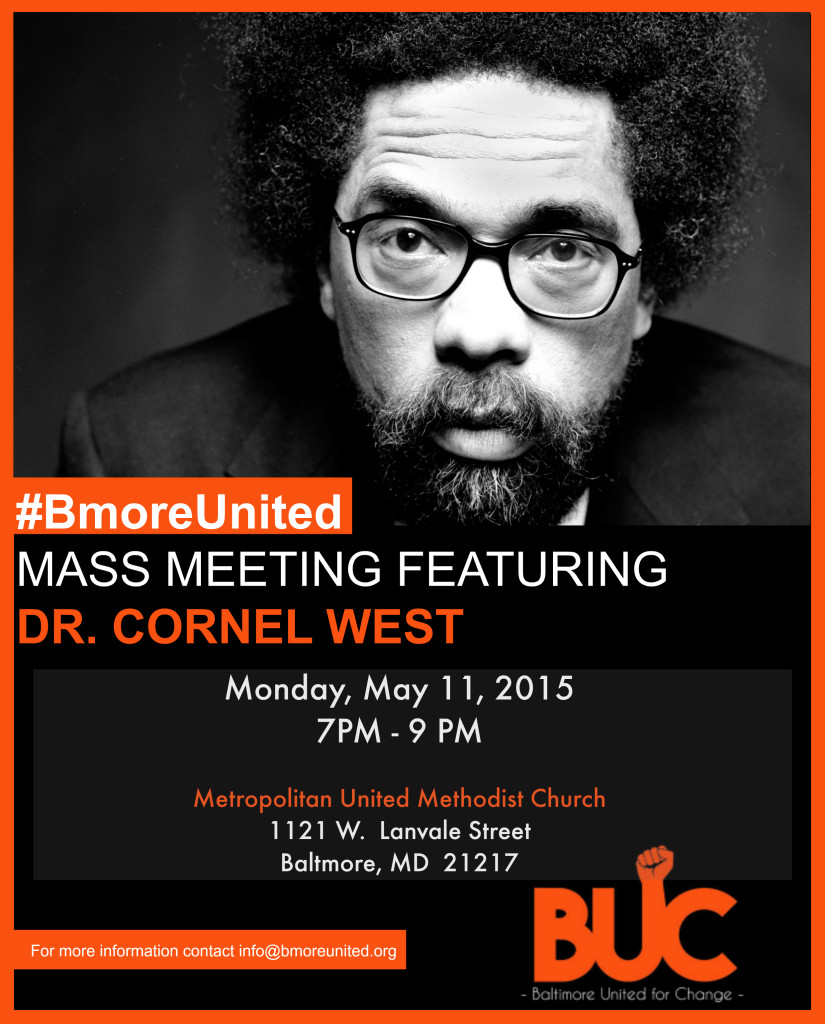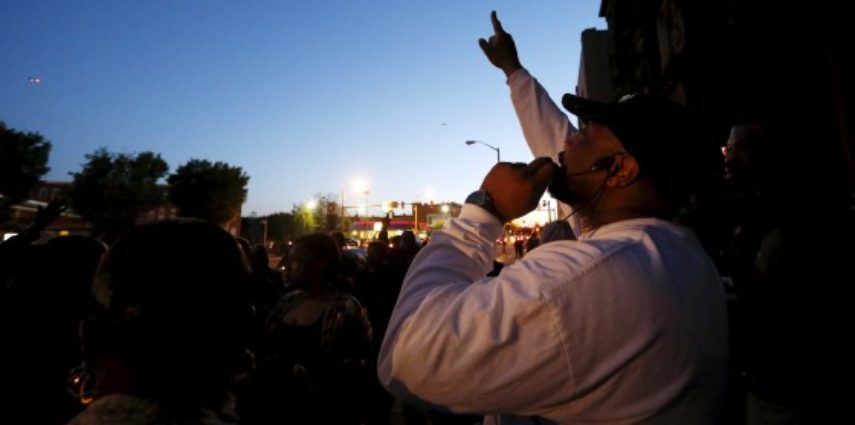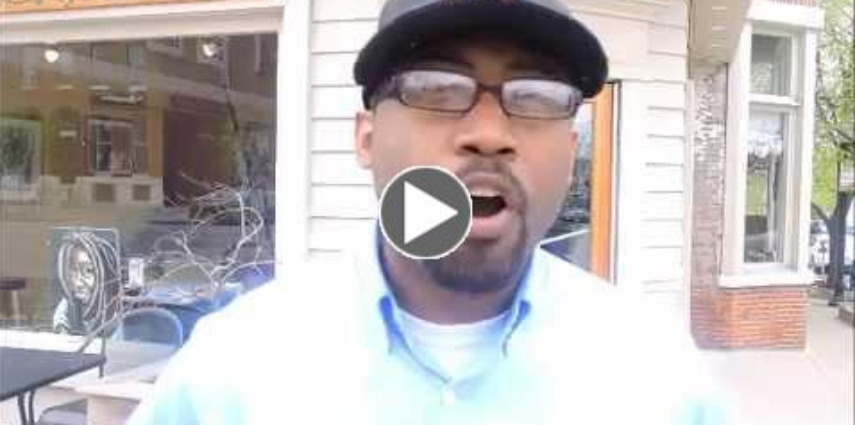The Baltimore riots have led to something previously unseen in the post-Ferguson civil rights movement: the almost immediate formation of an organized coalition of activists, with black churches at its foundation.
A new grassroots group called Baltimore United for Change has been formed as a result of the current strife in Baltimore. The coalition includes student groups, established nonprofits like Casa De Maryland and several local churches, which are serving as safe harbors during times of unrest. Jamye Wooten, one of the group’s lead organizers, also spent time working with faith communities in Ferguson Action.
“We see churches across the country coming together,” says Wooten. “The black church has an essential role to play in the empowerment of our communities.”
Many of the organizations from Baltimore’s new coalition have been working together on local issues for years, but when tensions rose last Sunday, new groups joined their network. Within days they had a new website and a framework for organized cooperation. This week they held community dialogues and launched a crowd funding campaign for the legal fees of arrested protesters, which has raised over $44,000 so far.
“We needed to centralize information, organize our efforts and foster long-term commitment,” says Wooten. The Baltimore coalition quickly built an online network for an interfaith, multi-racial movement to change the criminal justice system.
The group’s first goal is to change the Law Enforcement Officers’ Bill of Rights (LEOBoR), which gives police a 10-day window before they are compelled to speak when being investigated for misconduct. “We are working to build capacity that goes beyond reaction,” says Wooten, “not jump from flash point to flash point, but to cooperate together for sustainable change.”




